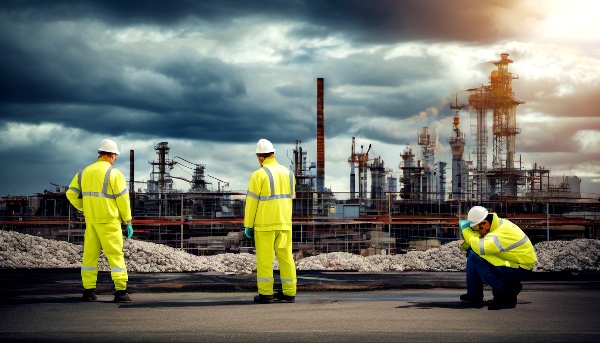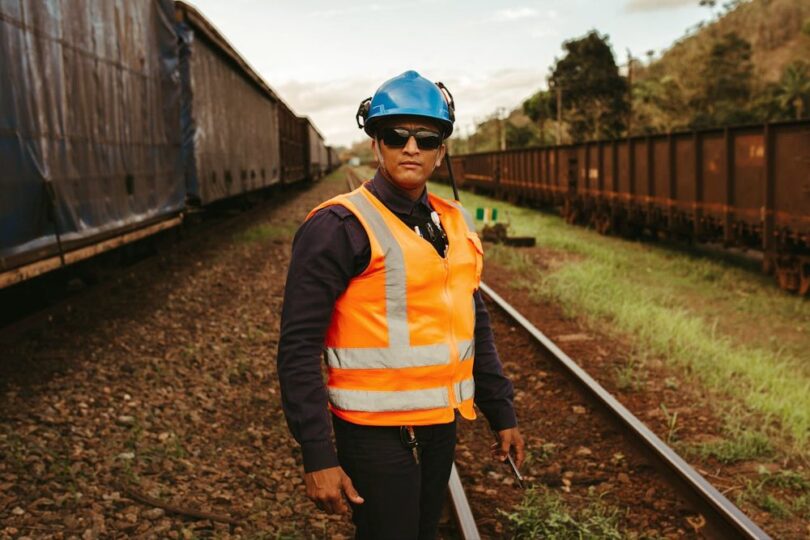Los Angeles, a city famed for its glamor and bustling industry, faces a less visible but equally pressing challenge: drug addiction among its workforce, particularly those in critical infrastructure roles. The repercussions of this crisis not only affect the individuals and their families but also threaten the economic stability and safety of the entire city. This article delves into how addiction impacts Los Angeles workers, their unique challenges, and how the city can offer crucial support.
The Unseen Battle of Los Angeles Workers
In the shadows of the city’s skyscrapers and sprawling freeways, many workers in the infrastructure sector—construction, transportation, and utilities—are silently battling addiction. The demanding nature of these jobs, coupled with high stress and, often, physical pain, leads some to seek relief through substance use. The issue is further compounded by irregular hours and the transient nature of some roles, which can hinder consistent treatment and support.

This growing problem affects the health and well-being of workers and poses serious safety risks in jobs that are critical to the city’s functioning. Impaired workers are a danger not only to themselves but also to their colleagues and the general public, especially when operating heavy machinery or maintaining crucial infrastructure.
Recognizing the Signs and Providing Early Intervention
Identifying the signs of addiction within the workforce is the first step toward addressing this crisis. Employers and coworkers need to be educated about the symptoms of substance abuse, which can range from changes in behavior or appearance to frequent absenteeism or decreased productivity. Early intervention is key in preventing the escalation of substance abuse into a more severe and possibly life-threatening addiction.
Employers can play a pivotal role by implementing regular training sessions on substance abuse awareness and creating an environment where employees feel safe to seek help without fear of retribution or job loss. Establishing clear policies and support systems for employees struggling with addiction can facilitate early intervention and demonstrate a commitment to the well-being of all employees.
The Rise of Meth Addiction Among Workers
Methamphetamine, commonly referred to as meth, has seen a disturbing rise in use among Los Angeles workers, particularly in fields that require long hours and physical labor. Meth addiction can be particularly devastating, leading to severe psychological and physical health problems that are difficult to recover from. The drug’s ability to keep users awake and seemingly alert can be initially appealing to those trying to meet the demanding requirements of their jobs. However, this is a difficult solution with dangerous consequences.
Education about the dangers of meth use and access to effective treatment options are critical for workers caught in the grip of meth addiction. The city can help by partnering with local healthcare providers and addiction specialists to create targeted programs that address the workforce’s specific needs, particularly those in high-risk industries.
Strengthening Support Networks within the Community
Los Angeles has a rich tapestry of communities, each with unique dynamics and resources. Strengthening these community support networks can play a critical role in combating the addiction crisis among infrastructure workers. Local community centers, faith-based organizations, and non-profits can collaborate to offer support groups, educational workshops, and resources for addiction treatment and recovery.
Community involvement helps to reduce the stigma, making it easier for individuals to seek help. It also provides a local support system that is accessible and responsive to the needs of the community members. Engaging families and friends in these efforts can amplify the impact, creating a more supportive environment for recovery.
Policy Changes and City-Wide Initiatives to Support Recovery
To effectively address the addiction crisis, Los Angeles needs to implement supportive city-wide policies that prioritize public health and worker safety. This could include increased funding for addiction treatment programs, better access to mental health services, and policies that protect workers from discrimination based on substance abuse issues.
The city can also introduce initiatives encouraging businesses to adopt drug-free workplace policies while supporting recovery. These initiatives could offer incentives for businesses that provide recovery support services, such as flexible work schedules, paid leave for treatment, or the integration of Employee Assistance Programs (EAPs) focusing on substance abuse.
Comprehensive Rehab Programs Including Specialized Options for Various Workers
As the climax to addressing the addiction issue among workers in Los Angeles, comprehensive rehabilitation programs tailored to diverse industries are essential. Rehab for railroad workers, construction personnel, and utility workers must address these groups’ specific challenges. These programs should offer flexible schedules that allow individuals to maintain their employment while receiving treatment, which is crucial for long-term recovery and financial stability.
A rehab that allows pets provides family counseling and incorporates holistic treatment methods can enhance the effectiveness of the recovery process. The approach to rehab should be inclusive, considering the varied backgrounds and needs of Los Angeles’ diverse workforce. Whether supporting railroad workers rehab programs or offering services tailored to tech employees, the city must ensure that every worker can get the help they need.
A Collective Path Forward
Los Angeles is more than just a city; it’s a community that thrives on the well-being of its workers. Addressing the addiction crisis within this vital demographic is not just about enhancing workplace safety or economic productivity; it’s about affirming the city’s commitment to its citizens’ health and dignity. Through a combination of community support, progressive policies, and comprehensive rehab programs, Los Angeles can build a foundation for recovery that supports every worker’s journey toward a healthier, more stable life. This collective effort will ensure that the city not only functions but flourishes with a safe and sound workforce.
Feature photo by Jonathon Borba







